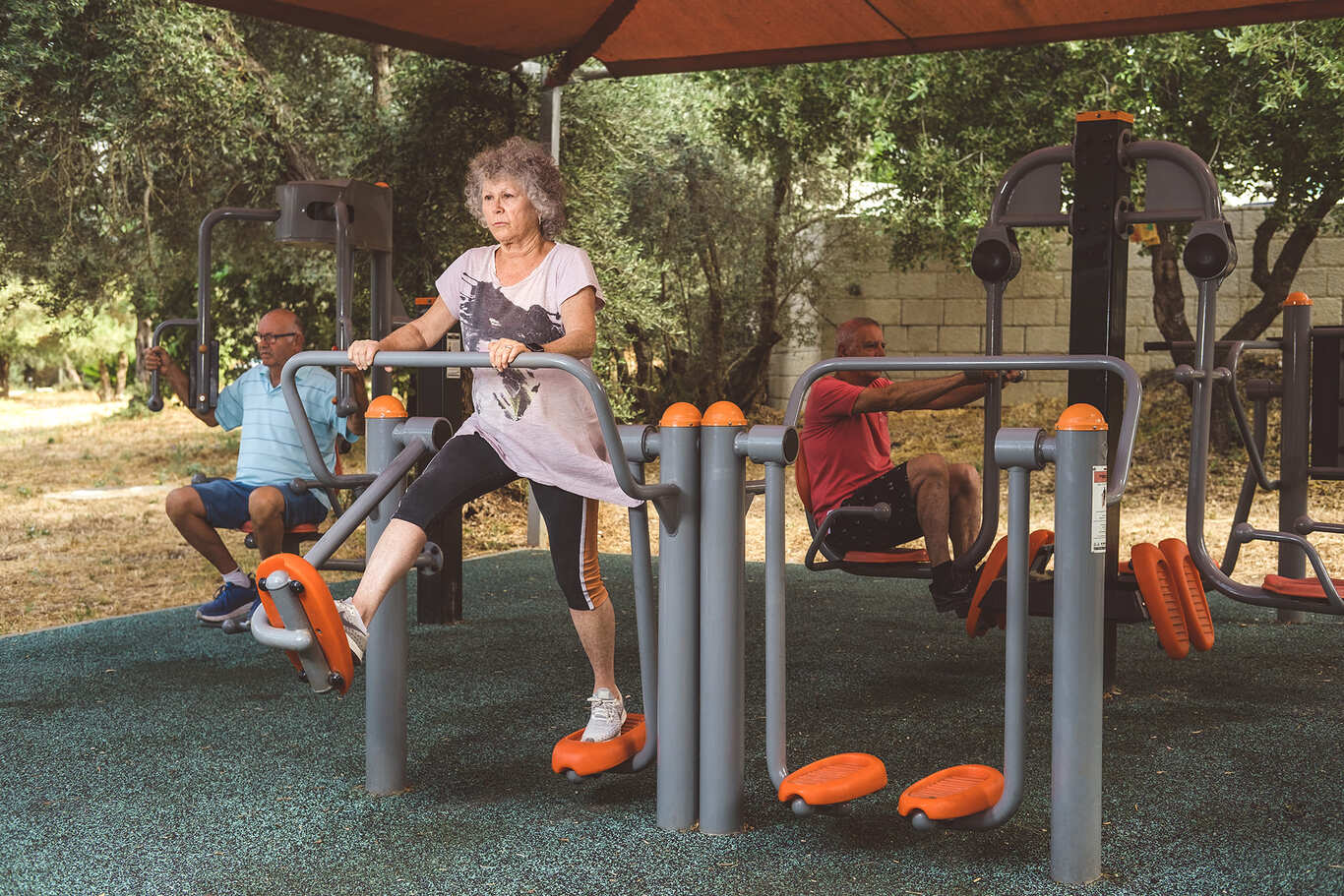Maintaining Functional Abilities
As we age, it is natural for cognitive capabilities such as memory, attention, and learning to decline. Furthermore, life-changing events, including retirement, have the potential to disrupt your familiar and organized daily schedule, decrease overall activity, and diminish social connections. Consequently, this may contribute to a gradual decline in functional abilities.
These changes may affect not only physical functioning but also mental, social, and cognitive conditions.
As an example, If you were socially active at work, helped with the grandchildren, etc., you may experience a sense of loss caused by the change in your role due to your retirement and your grandchildren growing up.
How to preserve functional abilities in old age
Daily routine
Organize a structured daily routine, including nutritious meals, physical activity, household maintenance chores, a significant activity (such as volunteering, studies, leisure activities), and other social and cultural activities
Social connections
keep in touch with people of various kinships, including family members, friends, former work colleagues, neighbours, etc.
Social activities outside of home
Enrol in classes, go on family visits, or meet friends. This way, you can initiate leisure activities in designated groups, including trip groups, cooking classes, mutual meals (social dining), or culture enthusiasts.
Preserving functional abilities in old age
Physical activity and proper nutrition
Engaging in physical activity supports the maintenance of functional abilities and offers numerous health benefits across all age groups, including muscle mass enhancement, maintaining bone density, preserving the functioning of the cardiovascular system, and boosting immune system performance.
In older age, maintaining physical fitness helps perform basic daily activities, including transitioning from a sitting to a standing position, bathing, dressing, climbing stairs, walking, and more.
Furthermore, engaging in physical activity can contribute to the enhancement of muscle strength and the improvement of balance, thereby reducing the risk of falls that could potentially compromise overall functionality.
It is important to note that the basis for any physical function is based on adapted nutrition and sufficient fluid intake.
Proper nutrition supplies the necessary nutrients to maintain and enhance muscle health, prevents weakness, and enables participation in physical activity.
Further information on healthy nutrition
Further information on physical activity in older adults
Preserving cognitive functionality in older age
The preservation of thinking and cognitive functions can significantly enhance one's quality of life.
You can preserve your cognitive functions by practicing activities such as reading books, acquiring a new language, solving puzzles or quizzes, participating in bridge games, and more.
Fill out your spare time with leisure activities that offer personal fulfillment and a sense of purpose.
For further information on leisure activities
Adopting a healthy dietary pattern, such as the Mediterranean diet, supports the preservation of cognitive abilities essential for daily functioning, including processing speed, memory, and attention.
What can you do if there is a functional decline
If you experience a functional decline or find it difficult to perform certain tasks, such as climbing stairs, transitioning from a sitting to a standing position, showering, reading books, managing your financial affairs, and more, it is recommended that you seek advice from your family doctor.
If needed, seek a diagnosis and treatment from professionals such as physiotherapists, occupational therapists, or counsellors who can provide tailored therapy aimed at preserving functionality. Furthermore, it is advisable to seek the counselling of a dietitian to perform a nutritional assessment and obtain a tailored treatment aimed at improving or preserving physical and cognitive resilience and abilities.






